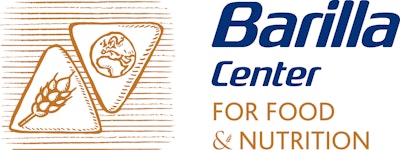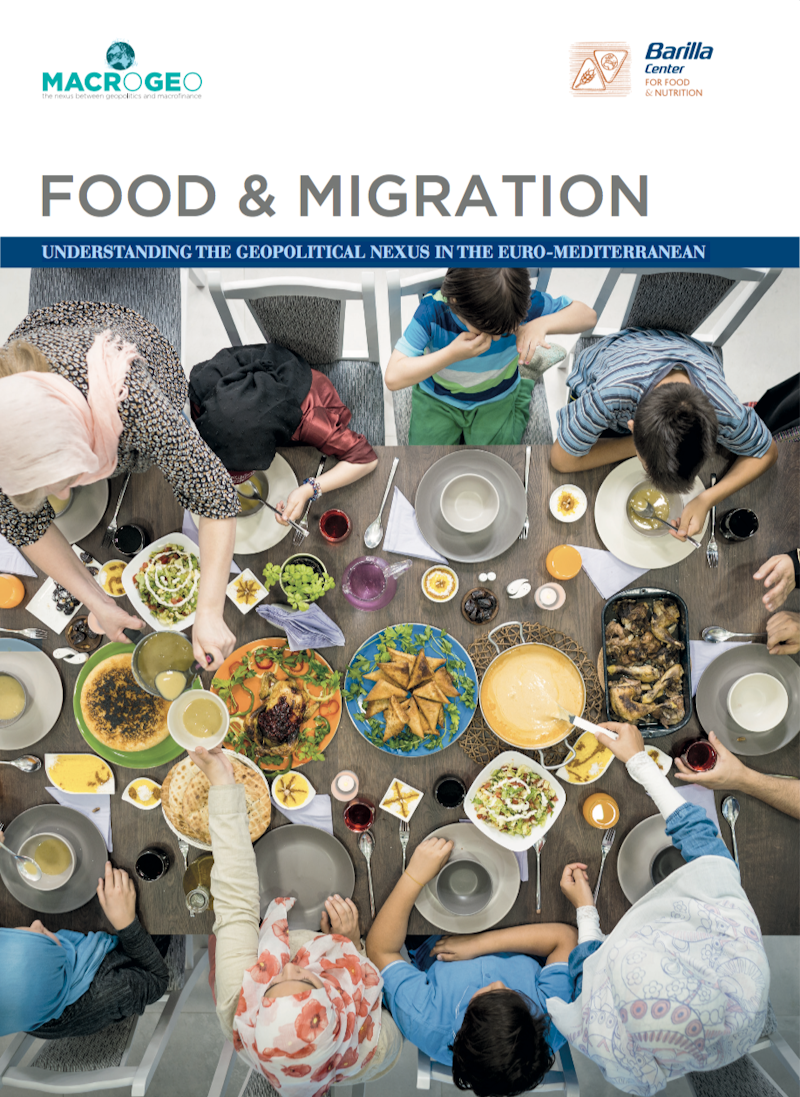Note on authors and methodology
MacroGeo, a geopolitical research company, has conducted this research on the migration-food geopolitical nexus with the Barilla Center for Food & Nutrition Foundation (BCFN).
For more than two decades, Limes – the Italian monthly journal of geopolitics – has investigated Europe’s geopolitical outlook, the Mediterranean basin and Africa’s main migration hubs. Recent editions specifically focusing on these topics include Limes 5/2015, Limes 7/2016, Limes 6/2017. MacroGeo’s analysis builds on this experience, which involves analysts, academics, activists and policymakers.
Lucio Caracciolo, executive chairman of MacroGeo, and Alessandro Aresu, general manager of MacroGeo, coordinated this research with Marta Antonelli responsible for the Research Programme of the BCFN. Massimo Livi Bacci has edited the parts on demography. Other main contributors include Luca Di Bartolomei Fabrizio Maronta and Luca Raineri. The study has also benefited from a dedicated cartographic apparatus, thanks to the unique contribution of Laura Canali and Francesca Canali. We also thank Dario Fabbri and Francesca Simmons.
Migration is a multi-faceted phenomenon thus requiring a multi-faceted approach, particularly in exploring its relationship with food. Therefore, the study adopts a variety of approaches in its different sections: geopolitical and geoeconomic analysis (primary sources are indicated, when available), demographic elaboration of the main datasets on regions and countries of interest (including UN World Population Prospects, FAO Food Security Indicators, Demographic and Health Surveys), interviews, surveys and work in the field regarding the main migration routes, and elaboration on Nielsen and Ibis World data.
The section on “Climate change and human migrations” was conducted by Monia Santini, Luca Caporaso, Sergio Noce and Giuliana Barbato (CMCC – Euro-Mediterranean Center on Climate Change Foundation), building on several datasets on climate (Climate Research Unit (CRU), CLIMDEX database, Global SPEI database, Reanalysis products and East System Model data as elaborated for ISI-MIP initiatives) and on water availability and agricultural production (ERA-Interim Reanalysis and Global Runoff Data Center data, FAOSTAT statistics and ISI-MIP results).
The section on “Migration networks, agricultural production and food networks” benefited from a series of interviews on the exploitation of cheap labour in Italy, including: Marco Omizzolo, founder of the association In Migrazione, whose work focuses on migrant workers of Punjabi origin in the fields of the Pontine Plain; activist Yvan Sagnet, president of the Association No Cap.
The section on “Sustainable and innovative agro-food systems as levers for rural development and migration flows stabilization” by Angelo Riccaboni and Sebastiano Cupertino (University of Siena) underscores the importance of sustainable food value chains particularly for the economic growth of developing countries, following latest literature insights and feedback produced by experience in the field.
Best practices on migration, integration and food benefited from the collection and analysis of case studies by BCFN researchers Gianna Bonis-Profumo and Michele Pedrotti.


